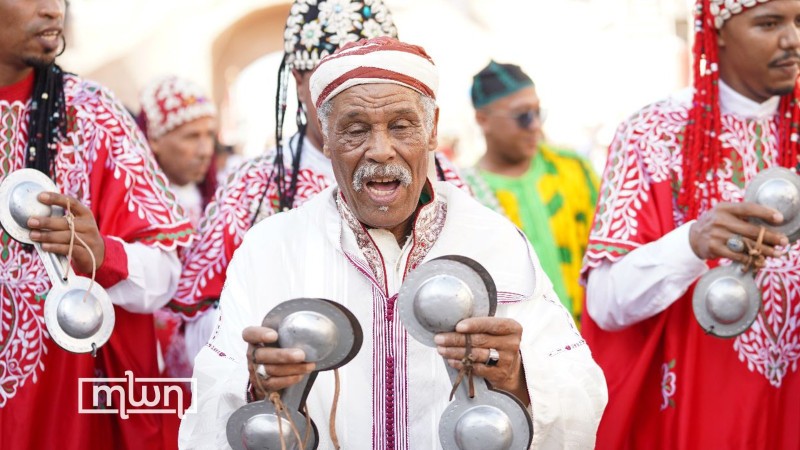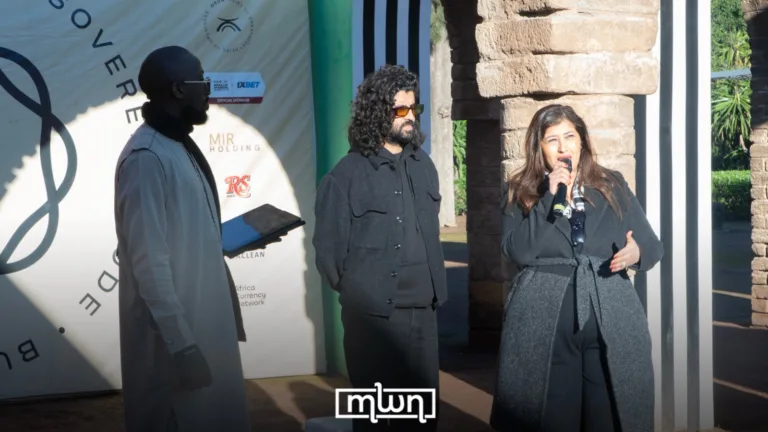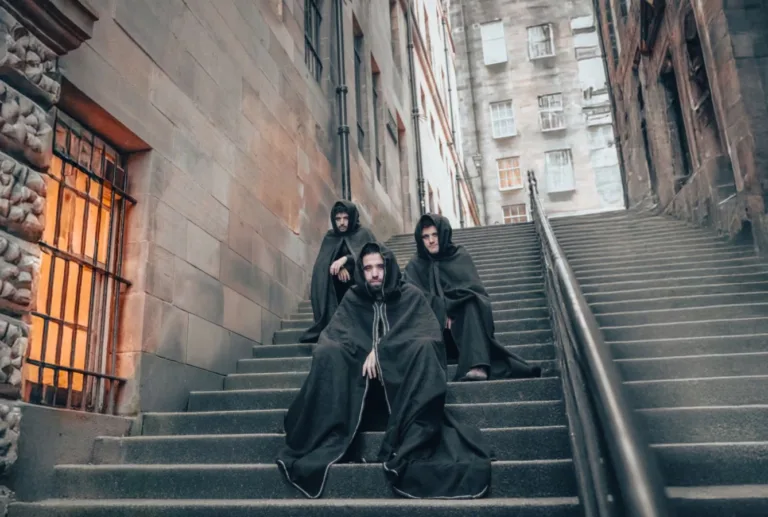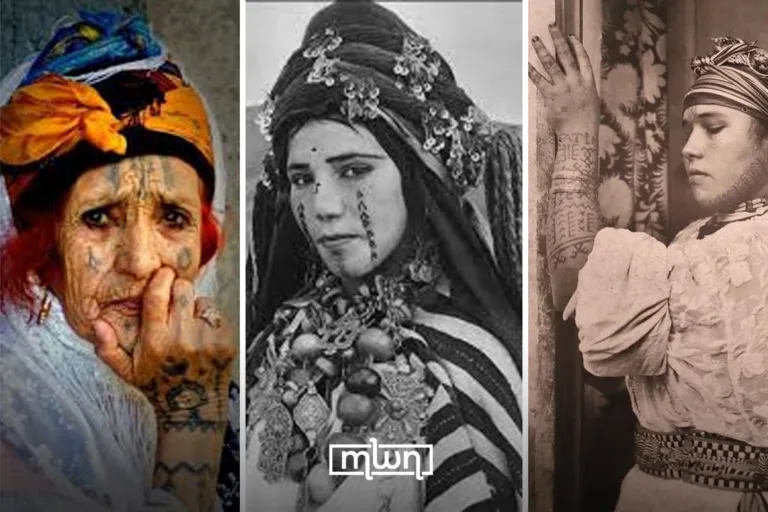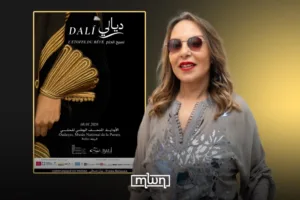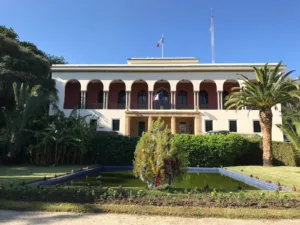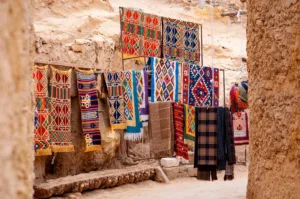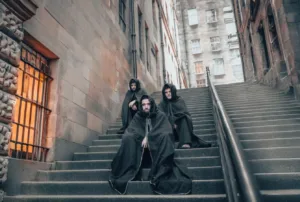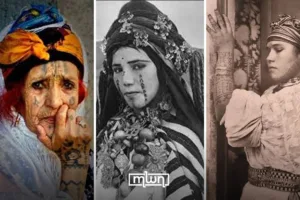Rabat – CBS News, the most-watched network in the US, honored last week the 24th edition of Morocco’s Gnaoua and World Music Festival on the 60 Minutes program, the channel’s Sunday broadcast.
During the program, 60 Minutes journalist Bill Whitaker explored the ways in which American music of African descent, including jazz and blues, has been influenced by the rhythms and sounds of Gnaoua.
“For many African-Americans, these rhythms are familiar,” he said, pointing out that this musical expression has traveled from the ports of Africa over the Atlantic to the US, helping to give rise to new art forms like the Blues.
For his part, famous American actor and Gnaoua music enthusiast, Robert Wisdom, stated that the festival “was a starting point. It was a place that Americans of African descent have a connection with, which we don’t really know about.”
He went on to say that Gnaoua festival goers feel the same way with the Blues of yesteryear, Wisdom stressed.
The world-renowned Essaouira festival, one of Morocco’s biggest music gatherings, took place in June and drew hundreds of thousands of fans, with a total of 480 musicians coming from Morocco and fifteen other countries who played world music in about 50 concerts.
Impressed by the Gnaoua artists’ skills, Sulaiman Hakim, a seasoned musical globe-trotter, enthused about the fact that these maestros play in complete harmony with any other musician.
Read also: The Soul of Gnaoua Comes Alive in Essaouira
Meanwhile, the “60 minutes” correspondent noted that Morocco’s rich and diverse musical heritage has always drawn musicians, especially those from the West.
In the 60s, the host went on to recall, jazz legend Randy Weston and rock and roll giant Robert Plant fell under the spell of Gnaoua art.
Gnaoua has been honored on numerous occasions. The most recent was in 2019, when Gnaoua music was added to UNESCO’s list of intangible heritage.
Every year, the Gnaoua World Music Festival’s Human Rights Forum hosts a free public space in addition to musical performances, illuminating an additional aspect of the festival’s ideology, which is centered on its goal of bridging the multisecular history of Gnaoua music with global music.

